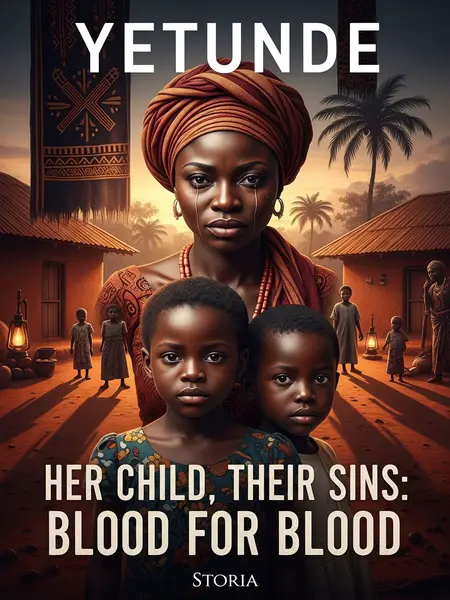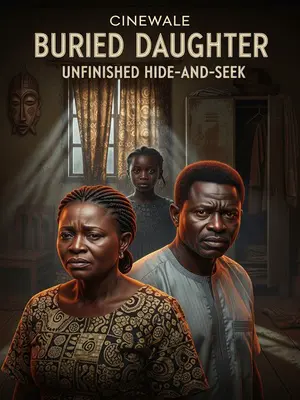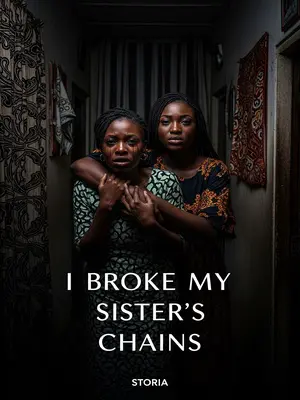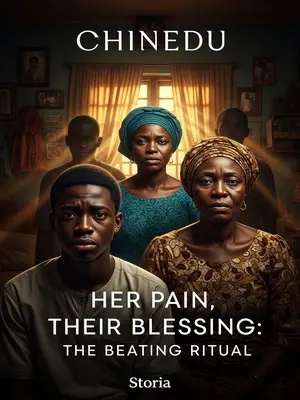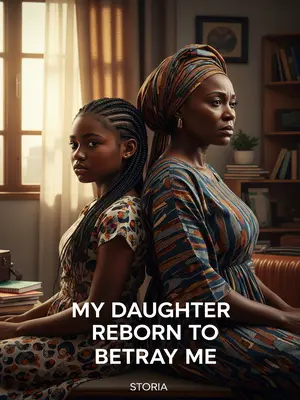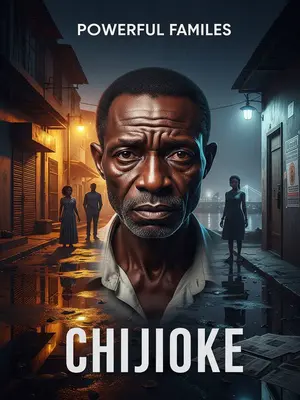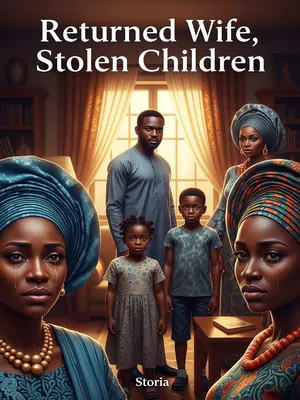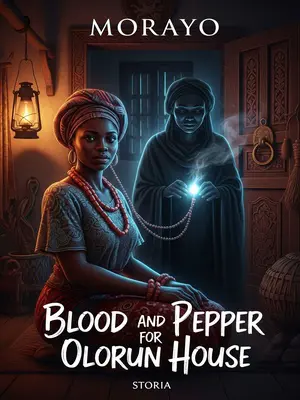Chapter 1: When the Sky Mourned
There was one wicked case we handled in a village under my care.
People still gossip about it quietly, even as the sun sets and the buka fills with the smell of fried dodo and dust. When I pass the old women frying akara near the square, I catch their quick glances, hear them mutter, “God forbid such evil enter this land again.”
A six-year-old girl was kidnapped and abused by her own playmates—children from our village. The scene, abeg, was too horrible for words.
You know, e get some things man pikin eye no suppose see. The kind wickedness these small children showed, only God can judge. Even the elders, when they heard, covered their faces and spat to the ground. But that day, the clouds gathered heavy over the village, as if even the sky was mourning. What followed changed us all.
Even worse, the girl was awake through everything. But she survived.
Imagine, at that small age, carrying such wound. The whole community felt a cold wind pass through their hearts. My hands shook when we took her to the clinic. Her mother fainted more than once; people say she started praying in tongues right there at the health post.
But the way the chief’s court handled the matter vexed me—because the ones who did it were four children. The oldest only fourteen, the youngest just nine.
You know our people, once matter reach palace, they say, “Abeg, make we settle am—pikin na pikin, dem no sabi.” But this one, e choke. Some of us in uniform, we just dey look chief dem eye, wondering if they felt the weight of the sin.
But the chief’s verdict wasn’t the end.
Wahala no dey die if you no bury am well. My heart wasn’t settled, and I knew the ancestors would not let it rest so easily.
The wahala that followed this case was much more than we expected.
Na so trouble come carry leg enter the village, and even those who thought they had run far, trouble still followed them like shadow.
